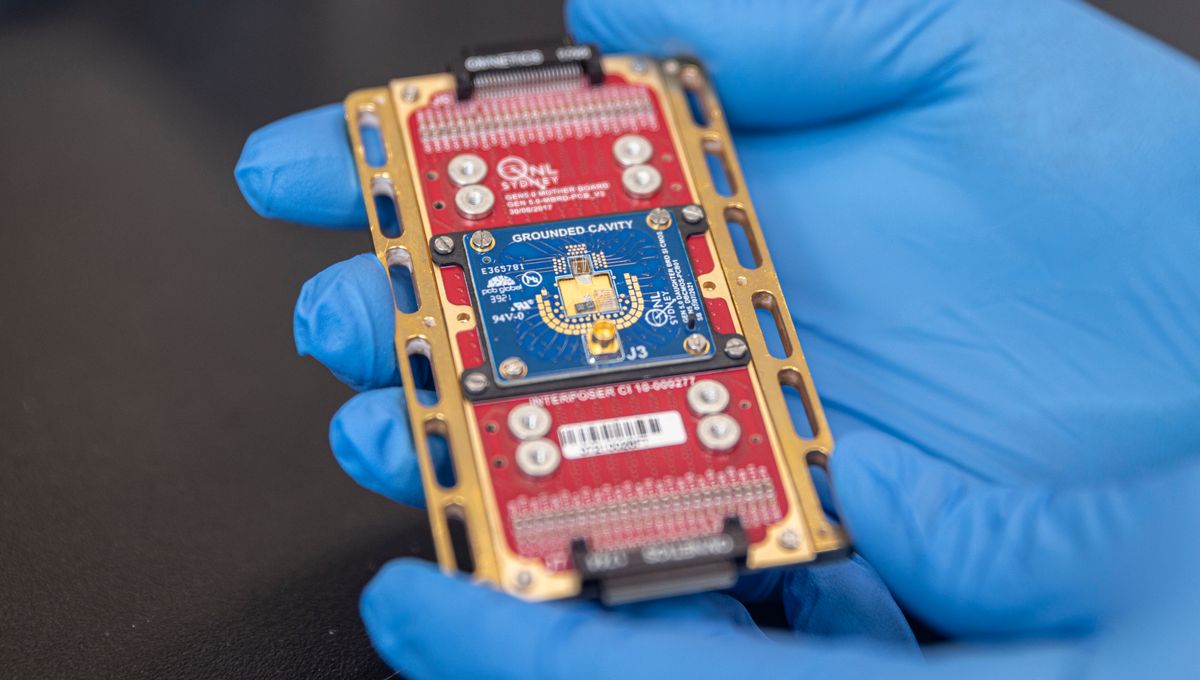
Quantum computers have the capability to revolutionize how we model and compute things in the world. They can do things that not even the most advanced supercomputers can do. We do not have such a quantum computer yet, because we cannot have the million qubits needed to make that processing happen. A new breakthrough has taken us a solid step closer.
The power of qubits (quantum bits) is that they are not just 1s or 0s like the regular bits in your computer or phone. They behave in a quantum mechanical way, unlocking incredible processing power, as long as you have lots of them. Qubits are also very fragile, and they need to be kept at very low temperatures for stability, usually close to absolute zero.
One way to make qubits is spin qubits, where the information is encoded in the magnetic direction of an electron. These could be made directly on the semiconductors we are already using in the computer industry, but the integrated circuitry you need to measure and control the qubits would affect the qubits due to the heat and electricity. Well, until now.
Researchers have demonstrated that it is possible to craft a common complementary metal-oxide-semiconductor that doesn’t have those problems. You can make a common transistor ready to be a quantum device, and so scale-up quantum processors to have millions of qubits – the range where they become useful.
“This will take us from the realm of quantum computers being fascinating laboratory machines to the stage where we can start discovering the real-world problems that these devices can solve for humanity,” lead researcher Professor David Reilly from the University of Sydney said in a statement.
The experiment involving one and two qubits was led by Dr Sam Bartee, and Dr Kushal Das was the lead designer of the control chip. They found negligible fidelity loss in the single-qubit operation, no reduction of coherence time in both single and two-qubit operations, and negligible interference of electrical noise from the system.
“This result has been more than a decade in the making, building-up the know-how to be able to design electronic systems that dissipate tiny amounts of power and operate near absolute zero. We have now demonstrated a scalable control platform that can be integrated with qubits without destroying the fragile quantum states,” said Reilly.
“This validates the hope that indeed qubits can be controlled at scale by integrating complex electronics at cryogenic temperatures. Our paper shows that with careful design of the control system, fragile qubits hardly notice the switching of transistors in a chip less than a millimetre away.”
The study is published in the journal Nature.
Source Link: Breakthrough Qubit Control Near Absolute Zero Is Scalability Game-Changer For Quantum Computing